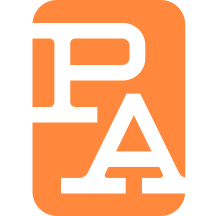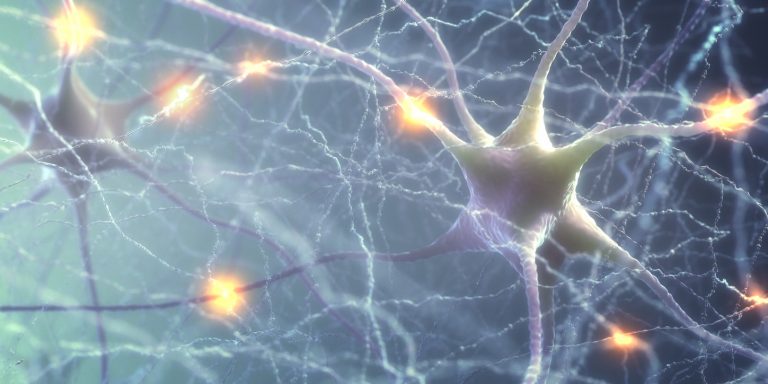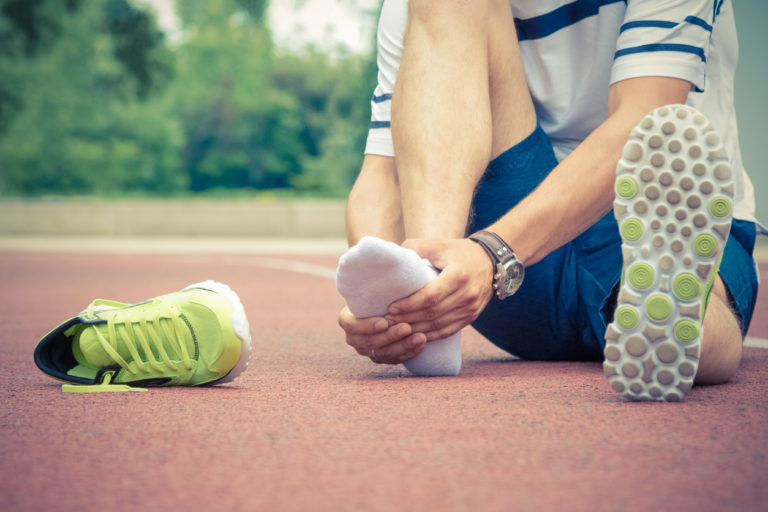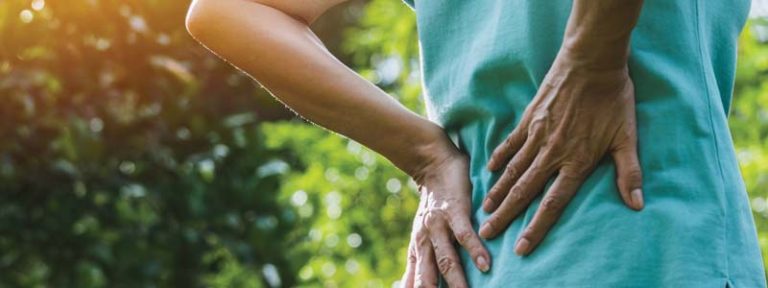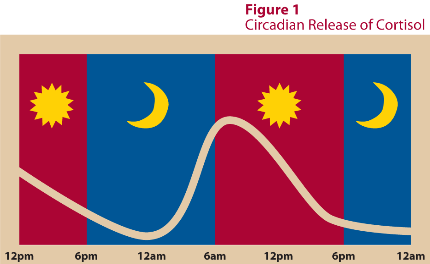Quarterbacking Knee Pain
Back in the early 90s I used to run extensively at Cal Poly with my friend Garrett. With upwards of 50 miles per week, we ran easily and were in great shape. Fast forward twenty years and we are both involved in helping people recover from running and sports injuries—he runs Peak Physical Therapy in Cupertino.
Now in our forties, we must stretch, occasionally ice, and be constantly vigilant to keep our formerly pain-free bodies functioning. The same is true for the readers of this column. So I thought I would cover some common knee issues and how to approach them.

PEAK PT, Cupertino
I asked Garrett to answer a few questions:
TR: What’s the most common knee injury you see in your clinic?
GA: Patellofemoral Syndrome (PF Syndrome). It’s an over-use knee injury. In most cases it involves the patella tendon or Iliotibial (IT) band.
TR: What’s the current thinking on treating knee pain?
GA: Traditionally it was thought that strengthening the quads would help the knee track properly and therefore reduce pain. Newer research now shows that the gluteal muscles (maximus and medius) actually control what the knee does. Because of where the ‘glutes’ attach and the force vectors they create on the leg, they keep the knee in proper alignment with running and jumping activities.
TR: What’s the fastest way to recover from knee surgery?
GA: The first priority after surgery is to reduce/control swelling. Then restoring normal range of motion and strengthening follows. Strengthening is focused on the quad muscle. The job of the quad muscle is to straighten the knee. A person must have good quad strength to return to walking. If quad strength is not achieved a person will always walk with a limp since he/she is unable to straighten the leg fully.
Quarterbacking Your Knee
If you have knee pain here’s a 5-Part Approach I recommend:
- Evaluate Your Issue
First it’s important to identify what kind of knee pain you have and your options. Knee pain ranges from mild arthritic pain to severe bone-on-bone pain where no cartilage remains. An evaluation from an orthopedist or physical therapist is a great place to start.
- Treat the Pain First
In my opinion knee pain should be addressed first, before strengthening should be employed. It could be argued that strengthening resolves the pain, but this is often not the case. You need to be able to handle any rehab program before you can succeed at it.
- One thing at a Time
Pick a therapy and stick with it. Patients often ask me if they should get a cortisone injection and get acupuncture. I recommend doing one or the other so they can know what’s working. The same is true for combining physical therapy with another treatment approach.
- Knee Surgery
My favorite expression here is: “The only minor surgery is ‘someone else’s.” Only consider surgery when you’ve exhausted all options. Start with P.T, acupuncture, and anti-inflammatory herbs or medications. Also consider losing weight reduce joint load, and limit inflammatory foods like sugar and alcohol. Also consider a cortisone injection before surgery.
- Staying strong
Regardless of your philosophy, the body’s approach is ‘use it or lose it.’ That means you’ll need to stick with whatever approach you’ve taken to maintain your balance, stability, and strength.
Herbal Anti-inflammatories
There are a host of herbs that help to reduce joint pain and inflammation. My top four are Boswellia, Tumeric, Ginger, and Celery Seed. Boswellia is an Indian herb that is remarkably effective and reducing inflammation.
Celery seed is the hallmark herb for small joint (hands & feet) osteoarthritis. As always, you’ll want a high quality extract like those offered by companies like MediHerb (Australia), Gaia (N. Carolina) and HerbPharm (Oregon).
Ready to Treat Your Knee Pain?
In my clinic, I usually see new patients twice a week for 2-4 weeks to relieve pain and inflammation, control swelling, and accelerate recovery from surgery. To get started on your own recovery program, please call at 650-564-9002.
